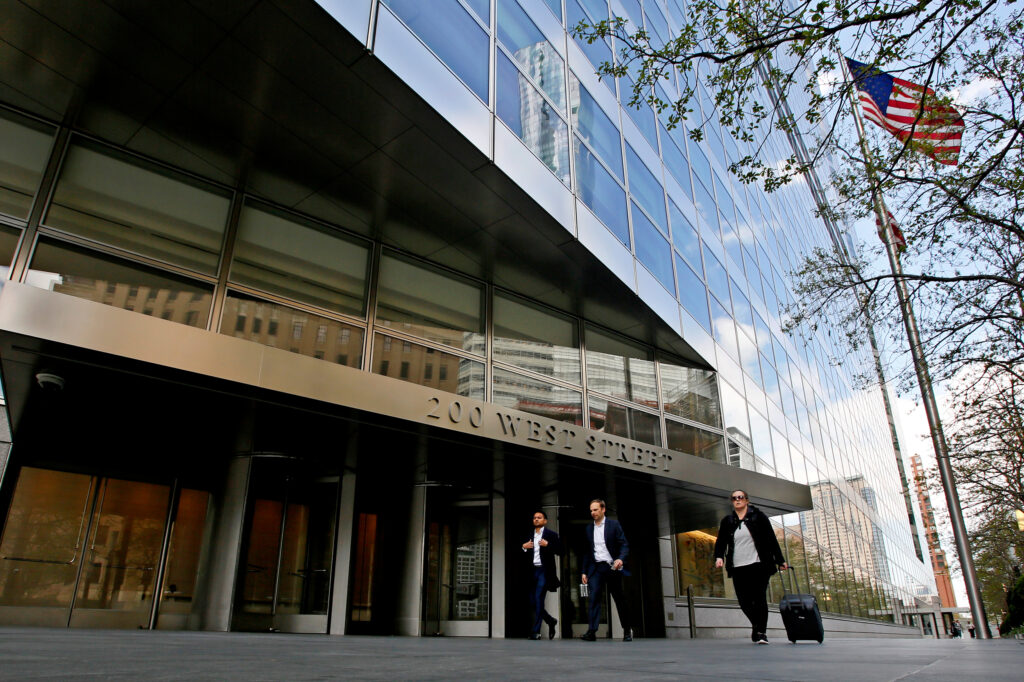Over the past few months, several large American asset managers have exited Climate Action 100+, a global investor group aiming to ensure major corporate greenhouse gas emitters take action on climate change. Their departure occurs amid a heated political debate over sustainable investing, with Republicans criticizing these efforts as a “climate cartel.”
The backlash is unique to the United States, experts say. While investors abroad increasingly join the climate initiative, the U.S. faces a political crusade over Environmental, Social, and Governance (ESG) investing. The GOP labels it “woke capitalism” and argues it advances liberal goals at the expense of investor returns.
Climate Action 100+ includes over 600 financial institutions engaging companies on climate issues. In February, JPMorgan Chase, State Street, and bond manager PIMCO left. BlackRock transferred its participation to BlackRock International. Last month, Goldman Sachs and Nuveen followed suit.
Despite these high-profile exits, Climate Action 100+ continues to grow. Since June 2023, 87 financial institutions have joined, with nearly 60% based in Europe.
“Climate Action 100+ is still the largest investor collaboration around climate risk in the world,” said Kirsten Spalding, vice president of the investor network at Ceres, a leading group in the initiative.
U.S. signatories, particularly asset owners like pension plans, churches, and universities, have reiterated their support. In July, asset owners representing $5.5 trillion globally signed a letter reaffirming their commitment.
Politicizing ESG
The latest exits followed a letter of inquiry from Republican chairmen of the House Judiciary Committee to 130 U.S. companies in June. The letter requested documents about their ESG goals and involvement in Climate Action 100+.
This inquiry came a month after the committee published a report and held a hearing alleging that financial firms colluded to force American companies to decarbonize.
Although investors have not cited the inquiry as a reason for leaving, the political pressure over ESG is undeniable, Spalding said. JPMorgan, State Street, Goldman Sachs, and Nuveen did not respond to requests for comment.

The House investigation is part of broader efforts to scrutinize ESG practices in the U.S. Attorneys general in over 20 states have sent letters to major financial institutions about their ESG practices, and several states have introduced anti-ESG bills.
“It’s very unfortunate that this work has been politicized,” Spalding said. “From the investors’ perspective, this isn’t political. It’s not about party affiliation or politics.”
Climate Collaboration and Antitrust
The Republican inquiry claims financial institutions in Climate Action 100+ are colluding to boycott the fossil fuel industry, violating antitrust laws. This argument is unlikely to succeed under U.S. antitrust law, said Lisa Sachs, director of the Columbia Center on Sustainable Investment.
However, it poses challenges for financial institutions. Currently, the committee is requesting documents but has not referred a formal antitrust claim to the Department of Justice or Federal Trade Commission. No private antitrust cases have been filed either, Sachs noted.
In the UK and EU, similar questions have arisen, but authorities have issued guidance to ensure antitrust laws do not impede ESG efforts.
“These agencies are addressing the issues more responsibly, without politicizing the debate,” Sachs said.
The UK’s Green Agreements Guidance (2023) states regulators aim to ensure competition law does not prevent environmental sustainability collaboration. France, the Netherlands, Germany, and others have taken similar steps.
This contrasts sharply with the U.S. approach, said Lindsey Stewart, director of stewardship research at Morningstar Sustainalytics.
Investor Engagement in the U.S. and Abroad
Last year, Climate Action 100+ flagged 20 shareholder proposals for members to vote on during proxy season—when companies hold annual meetings and shareholders vote on various matters. Such shareholder proposals allow investors to express priorities, including climate risks.
A study by Stewart found a divide in how U.S. and European Climate Action 100+ signatories voted on these resolutions. European fund managers supported 85% of the resolutions, while U.S. managers supported only half.
This reflects stricter U.K. and EU regulations on emissions and corporate climate policies, Stewart said. In Europe, “there is more acceptance that environmental and social sustainability need to be embedded in investment management.”
“Although this is a corporate engagement initiative, everyone recognizes that the transition won’t happen without strong policy intervention.”
Initially designed to pressure the top 100 emitters, Climate Action 100+ now targets 170 companies across sectors. About three-quarters have committed to net zero by 2050 or sooner.
“Investors have reached a limit in their conversations with companies,” said Ben Pincombe, head of climate change stewardship at Principles for Responsible Investment, part of Climate Action 100+.
“The transition won’t happen without strong policy intervention,” he added. The initiative seeks more transparency from companies about their industry group engagements and lobbying against net-zero policies.
Some European companies that did not publish adequate climate lobbying disclosures have since improved, Pincombe said. For instance, some large companies have released more information about their lobbying activities.
“The initiative is not one-size-fits-all,” he noted. “Climate change is a material financial risk, but the way investors engage varies widely.”
Pincombe emphasized, “There’s scope for everyone to be part of this and engage in a manner that suits them.”
Original Story at insideclimatenews.org
